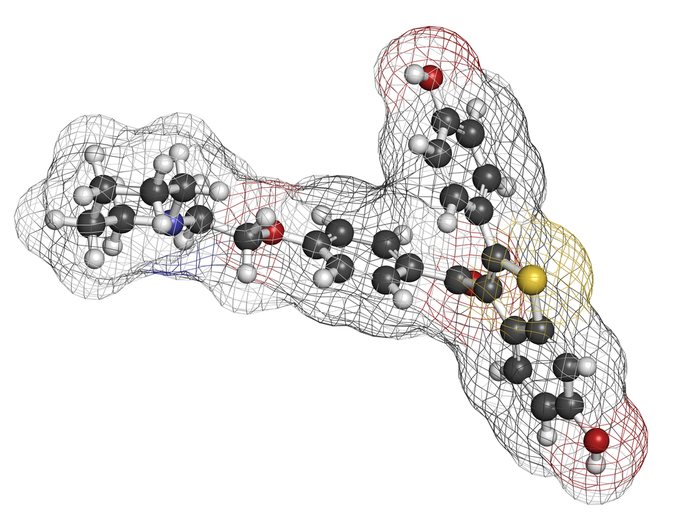Existing osteoporosis drug shows potential for treating COVID-19
There are a significant number of studies focusing on potential treatments for COVID-19, including existing drugs that are being trialled. Some progress has been made, too. A private-public consortium funded by the EXSCALATE4CoV project has announced promising results for the fight against the coronavirus. According to the announcement, “an already registered generic drug used to treat osteoporosis, Raloxifene, could be an effective treatment for COVID-19 patients with mildly symptomatic infection,” as stated in a European Commission press release. The EXSCALATE4CoV platform brings together supercomputing centres in Germany, Spain and Italy, pharmaceutical companies, large research centres and biological institutes across Europe. It uses “a unique combination of high performance computing power and AI with biological processing,” as noted in the same press release. “The platform has around 120 Petaflops computing power, allowing research into the behaviors of molecules with the aim of identifying an effective treatment against coronavirus.” Petaflop refers to one thousand trillion, or one quadrillion, floating point operations per second. The European Commission press release adds: “The consortium has already virtually tested 400 000 molecules using its supercomputers. 7 000 molecules were preselected and further tested ‘in vitro’. Raloxifene emerged as a promising molecule: according to the project, it could be effective in blocking the replication of the virus in cells, and could thus hold up the progression of the disease.” According to the project partners, Raloxifene “is well-tolerated with a known safety profile,” as explained in a press release on the project website. The EXSCALATE4CoV consortium is in discussions with the European Medicines Agency for establishing “the fastest path to clinical trials in humans.”
Screening procedure takes weeks, not years
The EXSCALATE4CoV platform can “perform in weeks a screening process that with traditional techniques would take many years. In a first step it has so far identified 6 out of 25 different protein models of the novel coronavirus that are constantly evolving, with various mutations received weekly, which are translated into a digital form for use in the next step.” The European Commission press release adds that the second stage “is to match the digital structure of coronavirus proteins against the available library of molecules. In the third and final step, the identified molecules undergo several additional biological screening operations in laboratories located in Belgium and Germany to understand how an identified molecule interacts with the virus model and to assess the degree to which it can stop its activity.” Project partners hope that in the next phase, the EXSCALATE4CoV platform will enlarge the current tests, taking into account an extended library of 5 million molecules out of 500 billion in its chemical library. These massive virtual screening activities will be supported and empowered by three of the most powerful computer centres in Europe: CINECA, Barcelona Supercomputing Center, and Jülich Research Centre. The EXSCALATE4CoV (EXaSCale smArt pLatform Against paThogEns for Corona Virus) project will run until September 2021. For more information, please see: EXSCALATE4CoV project website
Keywords
EXSCALATE4CoV, COVID-19, coronavirus, Raloxifene, osteoporosis



